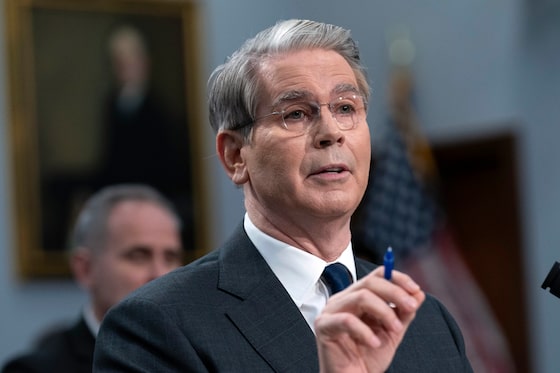As snow-capped Rocky Mountains provided a dramatic backdrop, finance ministers from the world’s most advanced economies gathered in Banff this week amid growing concerns over what many experts describe as an increasingly fragmented global trading system. The annual G7 finance ministers meeting, normally a forum for economic cooperation, instead highlighted the deepening divisions threatening international commerce.
“We’re witnessing unprecedented pressures on the rules-based trading system that has underpinned global prosperity for decades,” said Canadian Finance Minister Chrystia Freeland, who hosted counterparts from the United States, Japan, Germany, France, Italy, and the United Kingdom. “Our discussions focused on finding common ground amid these tensions.”
The summit comes at a critical juncture as new tariffs and protectionist policies from major economies, particularly the United States and China, cast a shadow over global growth prospects. Just last month, the U.S. announced increased tariffs on $18 billion worth of Chinese imports, including electric vehicles, semiconductors, and critical minerals – sectors Canadian industries heavily rely upon for supply chains and export markets.
Economic analysts attending the summit highlighted the ripple effects these tensions create. “When giants like the U.S. and China engage in trade disputes, middle powers like Canada face impossible choices,” explained Dr. Martin Reynolds, chief economist at Toronto Economic Institute. “Our manufacturing sector depends on integrated supply chains that cross borders multiple times.”
Data presented at the summit revealed concerning trends. Global trade growth has slowed to just 0.8% in the first quarter of 2024, according to World Trade Organization figures shared during the meetings, compared to 3.2% growth during the same period in 2022. This decline correlates directly with the implementation of new trade barriers across G20 nations.
The finance ministers’ discussions also tackled broader economic issues exacerbated by trade tensions, including inflation concerns, supply chain resilience, and currency stability. Several European delegates expressed alarm over what French Finance Minister Bruno Le Maire called “a dangerous trend toward economic nationalism” that threatens the post-war economic order.
Canada’s position proved particularly delicate throughout the summit. As a trading nation with extensive economic ties to both the United States and growing connections to Asian markets, Canadian officials advocated for multilateral approaches to addressing legitimate concerns about unfair trade practices while avoiding escalating protectionism.
“We recognize there are genuine issues regarding industrial subsidies, intellectual property protection, and market access that need addressing,” Freeland acknowledged during a press conference at the Fairmont Banff Springs Hotel. “But the answer cannot be a retreat from the international system that has delivered prosperity.”
The meetings also addressed the increasingly blurred line between economic and national security policies. What once might have been purely commercial considerations are now frequently framed as security imperatives, particularly regarding technology transfers, critical minerals, and energy resources.
Technical experts from participating nations are developing a framework for what they term “coordinated but autonomous” approaches to economic security – allowing countries to protect vital interests while preventing unnecessary fragmentation of global markets. The framework, expected to be finalized at the upcoming G7 Leaders’ Summit, aims to establish clearer guidelines for identifying genuine security concerns versus disguised protectionism.
Despite the tensions, the summit did yield some productive outcomes. Ministers agreed to enhanced information sharing on supply chain vulnerabilities and endorsed new principles for sustainable infrastructure investment that could help reduce dependency on single sources for critical goods.
As delegates departed from the picturesque mountain resort town, the fundamental question remained unresolved: can the international community navigate these growing economic tensions without abandoning the core principles that have governed global trade for generations?
In an increasingly divided world, can economic cooperation prevail over competition, or are we witnessing the beginning of a more fragmented global economy that may prove less efficient but potentially more resilient? The answers will shape not just the prosperity of G7 nations, but the economic future of citizens worldwide.










